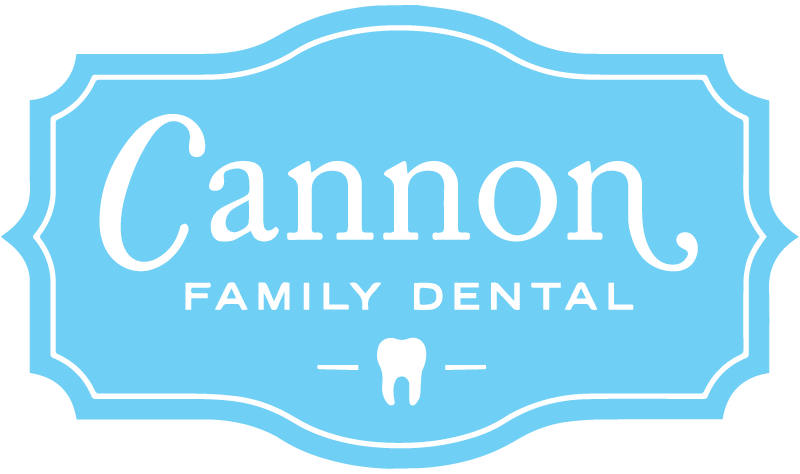Is Dental Insurance Failing? I find myself interacting with increasing numbers of patients that are coming to the conclusion that dental insurance companies and plans are failing them. Usually their conclusion is based upon the realization that they are paying more in premiums while suffering reduced benefits, or cut benefits over time.
I recently came across the following articles that underscore the failing dental insurance systems in the United States:
Medicaid Dental Coverage (Utah)
This article was written by an anonymous dentist from Salt Lake City and published in the
UDA Action, a quarterly newsletter for Utah dentists. I am including selections of the article as follows:
As one of the minority of dentists who has provided dental services to Medicaid patients for the last 27 years, I know all the reasons not to treat Medicaid patients. The reimbursement has been grossly inadequate….No dentist has ever honestly become rich from treating Medicaid patients. I have done it to give back to a needy population.
The State has gone too far this time. I know why. It is the easy way out. They take no responsibility and none of the risk. The insurance company takes none of the risk. All of the risk falls on the dentist. The State can pacify the patient advocates by saying there is no access to care problem, every Medicaid recipient has the name of a dentist on their card. The new Plan is paid a per patient amount…and pays the dentist $9/month to take care of “all dental care within the scope of coverage of the enrollee’s program which is necessary”. If the patient never shows up you get paid $9/month to do nothing. But if they show up and have needs, you get $9 a month to take care of all their dental needs. Tell me who is taking ALL the risk: the state, no, the Plan, no, the dentist who signs up, a huge YES.
[fusion_builder_container hundred_percent=”yes” overflow=”visible”][fusion_builder_row][fusion_builder_column type=”1_1″ background_position=”left top” background_color=”” border_size=”” border_color=”” border_style=”solid” spacing=”yes” background_image=”” background_repeat=”no-repeat” padding=”” margin_top=”0px” margin_bottom=”0px” class=”” id=”” animation_type=”” animation_speed=”0.3″ animation_direction=”left” hide_on_mobile=”no” center_content=”no” min_height=”none”][The] Capitation [dental plan] is morally wrong. There is a financial disincentive to treat patients. I think we should be compensated for what we do—not for what we do not do. Every time a dentist treats a patient they essentially pay for it out of their own pocket. The only way to break even is to not treat patients. Anyone who has treated Medicaid patients knows that $110/year will not come even close to covering the overhead for treating a patient. It is not even enough for preventive services, let alone restorative services.
What this dentist is describing is the “safety net” welfare program that the State of Utah has structured to attempt to provide dental services to its most needy citizens. Dentists who contract with the state’s Medicaid dental plan do so out of philanthropic aspirations rather than some strategy to stay in business. As the letter accurately describes, the state’s capitation plan sets up disincentives for a contracted dentist to provide any service to a Medicaid patient because in providing such service the dentist is losing money. Dentists cannot afford to provide dental treatment for many Medicaid patients or they will literally go bankrupt.
Why would the State of Utah set up such a system? Again, the letter accurately answers this question: It is simply to appear to be doing something for the needy while taking none of the risk. Dentists take virtually all the risk if they contract with Utah’s Medicaid dental plan. I predict that only government subsidized dental groups, such as the University of Utah dental residency program, dental homeless clinics, and other educational programs will accept Medicaid dental patients. Private dentists will decline to participate or certainly go out of business trying to do so.
In another letter titled
Dear Third Party Dentist Consultant:
We received the attached EOB from your company for the services we performed on one of our active patients stating the billed amount, the maximum allowed, and the amount of benefit due to our office based on the benefits allowed. However, the EOB notes that you would NOT pay the benefit amount due to Dr. D (the providing dentist) since they would be used to recover a previous overpayment. This note did not say for who the overpayment was or for what date of service.
When I called I was informed by customer service that the overpayment was on a family member of our patient seen in our office, which was paid to a different provider. When asked how they could recover this overpayment made to a different provider for a payment due to Dr. D I was told it was in their guidelines.
I requested a copy of the guidelines, and the representative stated she did not have access to the guidelines. I then asked if the guidelines are in our contract. Your representative informed me that she did not know if they were in our contract.
I then asked to speak to her supervisor. The supervisor gave me the same answers, saying we could send a request to the recovery department.
I then asked to speak to her supervisor, and she said she could not transfer me to her supervisor. They would have to send a request for the supervisor to review the complaint and have the supervisor call us back in approximately four days.
We finally heard back from another supervisor regarding our complaint. She reiterated that this method of recovering overpayments is in processing guidelines which cannot be released to their preferred providers.
We have been a provider since 1996. Upon review of all contracts, provider guidelines, and correspondence we have not found any reference to you arbitrarily recovering overpayments made to one provider of service from another provider and/or family member. We have always refunded for overpayments made to our patients within the time requested in a recovery letter, but have serious issues with the practice of recouping overpayments made to OTHER providers from our services.
While patients feel frustration towards their dental insurance company due to increasing premium costs and decreasing benefits, dentists are feeling the frustrations because of increasing abuses by insurance companies as described in this letter written by a Salt Lake City dental office insurance specialist.
The following highlights another challenge to dentists in relation to dental insurance companies:
ADA ALERT: NEW THIRD PARTY PROVISION: Recently the ADA (American Dental Association) legal division reviewed a contract from one of the Delta insurers that is apparently proposed to be used in new plan designs resulting from the federal Health Care Reform legislation, as state insurance exchanges are set up. One provision of the proposed contract, which had not been seen before, entitles Delta, in the event that it experiences a financial shortfall, to fully discharge its obligations by paying the dentist providers on a pro rata basis out of available funds.
Since this provision essentially shifts substantial financial risk to the dentist, we wanted to make you aware of it….
Insurance companies are failing to represent their customers, the patient. They also are failing to provide an environment conducive to dentists who want to contract with insurance companies. The only area that insurance companies are not failing is to their stock holders and CEOs who are receiving greater dividends. It may be time for patients and dentists to refuse to do business with insurance companies.
At Cannon Family Dental we offer our “Prevention Plan”, which is designed to truly benefit the patient. I encourage you to call our office and ask about our services.
Photo by David Hilowitz 
[/fusion_builder_column][/fusion_builder_row][/fusion_builder_container]
 [/fusion_builder_column][/fusion_builder_row][/fusion_builder_container]
[/fusion_builder_column][/fusion_builder_row][/fusion_builder_container]

